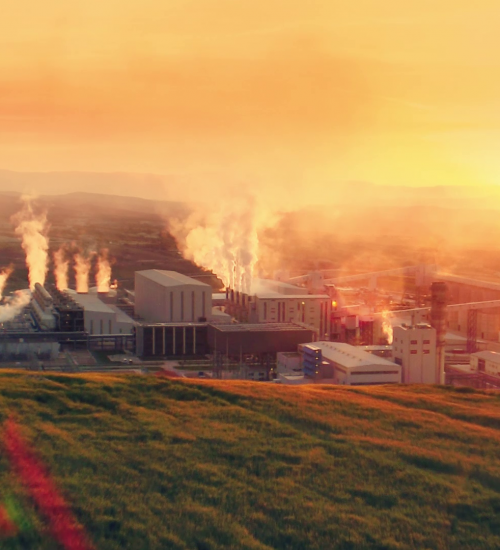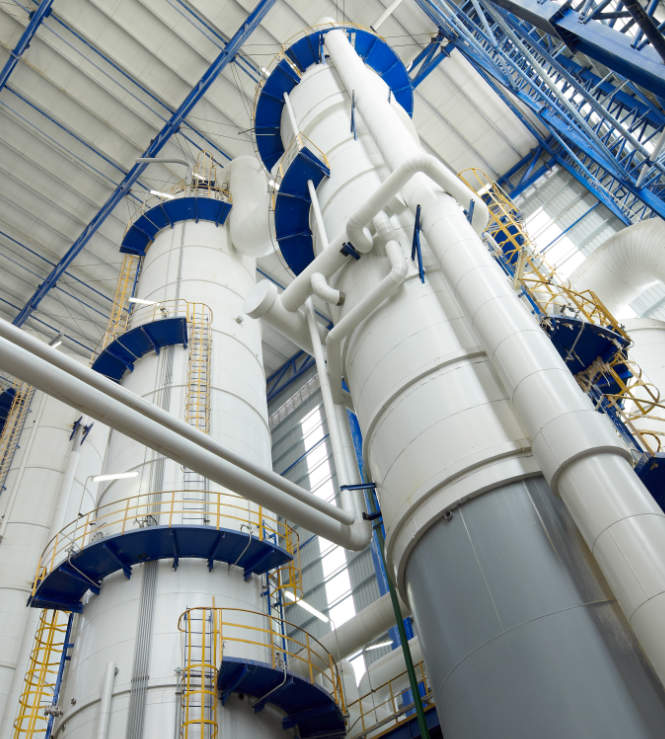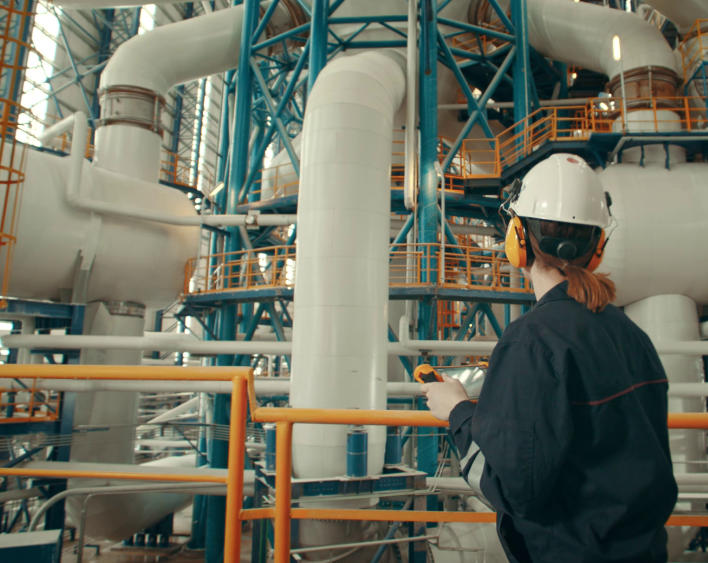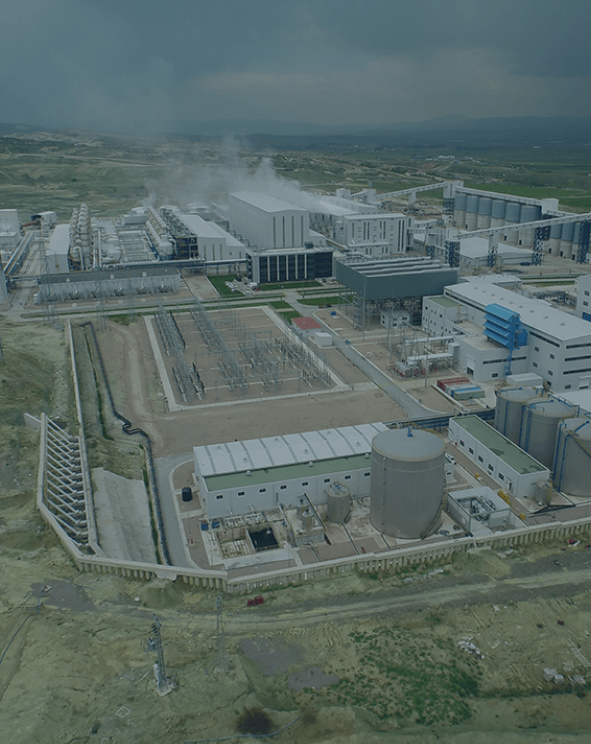- Home Page
- About us
The global producer in natural soda ash
- Production
PRODUCTS
Sodium BicarbonateThe global producer in natural soda ash
- Contact Us
Get in touch today:
A simple, natural product used in products worldwide. Soda Ash is the 10th most consumed inorganic compound in the world, which has been used for over 5,000 years. It is a safe, simple compound and a key component in a variety of industrial processes from the manufacture of glass to dry powder detergents and lithium-ion batteries. It is also an important ingredient in the food and pharmaceutical industries.
Life’s invisible ingredient; Sodium Carbonate, Na2CO3
The ancient Egyptians recovered Soda Ash from dry dessert lake beds or produced it by burning marine plants with high sodium content to produce ashes, which gave the commonly used name of ‘Soda Ash’. They used it to reduce the melting point of silica sand to produce glass vessels and ornaments – the same basic production technique used in glass manufacturing today. The Romans also used its related compound, Sodium Bicarbonate, for medicinal purposes and to make bread.
Successive generations produced Soda Ash in this way until the mid-1800s, when synthetic production techniques were first developed, to supply the increasing demand from an industrialising world.


Today, Soda Ash (Sodium Carbonate) is produced by two main methods, both of which produce chemically identical Soda Ash.
1. Natural Soda Ash production: Natural Soda Ash is produced by extraction naturally occurring Trona ore and then processing this via a simple process of filtering, concentration, crystallisation and drying into Soda Ash which can be sold. Today, this accounts for around 33% of global production. Commercially exploitable Trona deposits only occur geologically in three regions of the world: Enormous deposits in Wyoming, USA, large deposits in Turkey and much smaller and chemically less pure deposits in China. Today, natural Soda Ash is only produced in Wyoming, USA and Turkey.
2. Synthetic Soda Ash production: By synthetic production methods using either the so-called Solvay or Hou processes, in which salt (sodium chloride) is reacted with either limestone or ammonia to produce synthetic Soda Ash. This accounts for about 67% of global production.

We use this at both our Eti and Kazan facilities. This patented production method injects heated water into the underground ore body, which then dissolves the trona forming brine solution. The brine is then extracted to the surface, and pumped to a central processing facility.
This closed loop system is safer (no underground operatives), has minimal impact on the surface, uses significantly less energy and water than other production methods and also produces significantly less CO2 emissions.

Natural Soda Ash has been found in lake brines or naturally occurring mineral deposits. Trona (a mix of water, sodium bicarbonate, sodium carbonate and sometimes sodium chloride or salt) is the most common and richest source of naturally occurring Soda Ash.
While Trona occurs naturally in a few locations worldwide, the largest and purest deposits are found near Green River, Wyoming, USA and near Ankara, Turkey. To date, these are the only commercially exploitable deposits that have been discovered globally.
HEAD OFFICE & PLANT: İncirlik Küme Evleri 1. Cadde No:122 Yenikent – Sincan / ANKARA
Tel: +90 (312) 969 98 01
Fax: +90 (850) 201 75 30